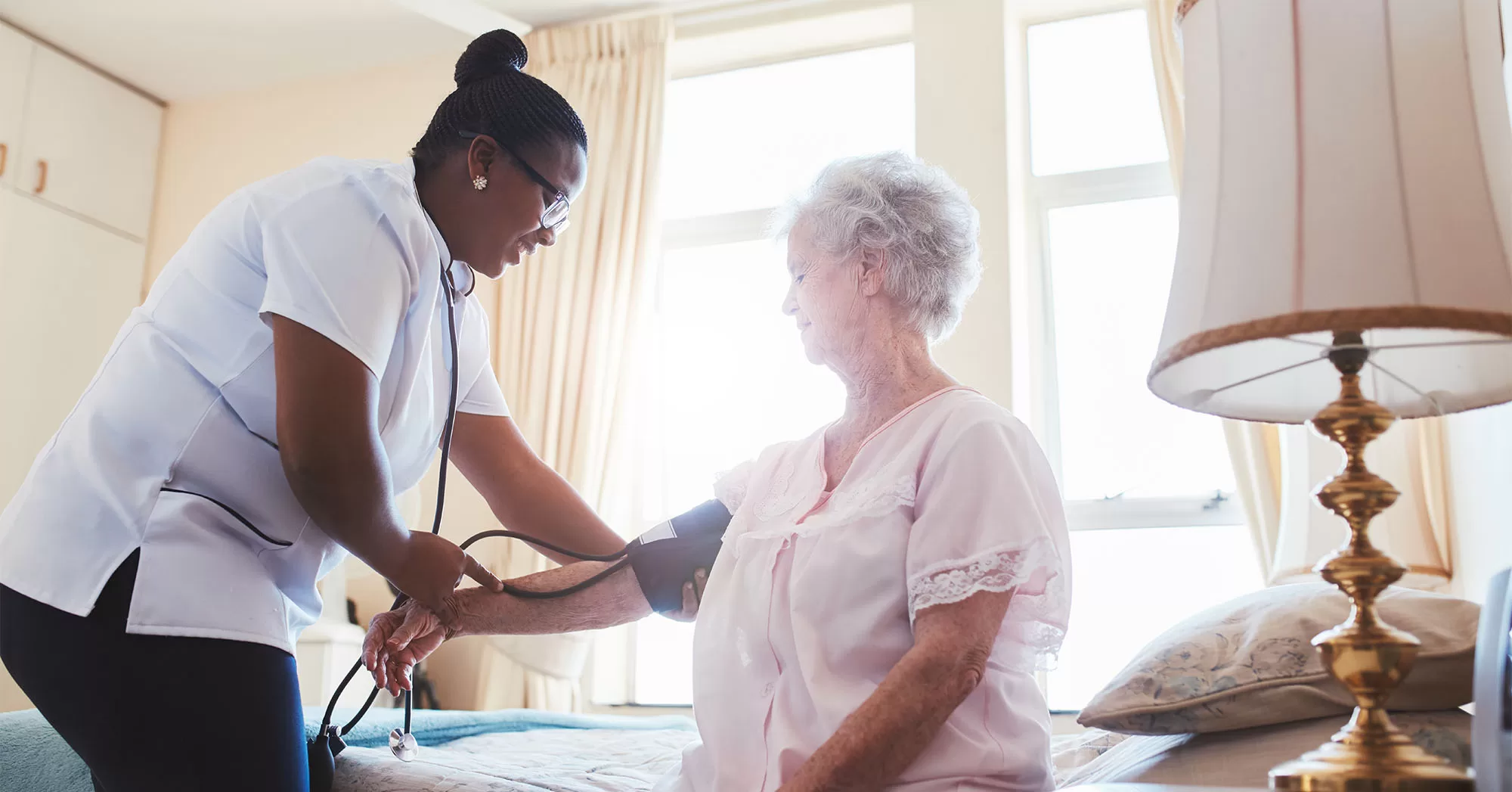So, who’s feeling a little anxious right now? I am! I’m sure most of us are, and that’s okay. It’s a perfectly normal reaction to our current world situation, and it’s not shameful.
I’ve found a few ways to channel that anxiety into some productive tasks — my shower has never looked cleaner — but I’m also trying to keep anxiety at bay. It’s helpful for me to remember that I cannot control what’s happening in the world; I can only control my response to it. Just acknowledging that, while taking a deep breath, can be soothing. Here are a few other suggestions on how to care for your mental health during this surreal time.
Get Outdoors, Or Bring the Outdoors In
Staying at home all day can harm our mental and physical health. You may find yourself moving around a lot less than you used to and getting much less sunlight and fresh air.
It’s important to schedule breaks throughout your day so you can get outside and go for a walk. Studies show that sunlight likely boosts serotonin, resulting in a positive effect on your emotions. It’s often thought that the lack of light exposure contributes to Seasonal Affective Disorder. Getting enough sunlight can also affect your circadian rhythms, boosting melatonin, and allowing for better sleep at night, which can also reduce anxiety.
If you aren’t getting enough sunlight while self-isolating at home, bring in the outdoors, open your windows to let in the breeze, and fully open your curtains or blinds. Consider using a light therapy box with at least 10,000 lux exposure. However, you should first consult your doctor, particularly if you have a family history of macular degeneration or you are on antibiotics like tetracycline that might cause skin sensitivities. A light therapy box imitates sunlight and gives your brain similar mood-boosting benefits.
Move Your Body and Calm Your Mind
Getting exercise can reduce your anxiety and boost your mood. To relieve depression and anxiety, experts recommend 30 minutes of exercise, 3-5 days a week, but even smaller amounts can be beneficial as well. If you can’t get outside to go on a walk or jog, there’s a world of exercise videos right on your phone or computer. YouTube offers a full range of pre-recorded exercises, including yoga, dance, high-intensity interval training (HIIT), and more. However, during this pandemic, there’s been a surge of live virtual fitness classes streaming on Instagram Live, Facebook Live, Zoom, and other social media platforms. Tuning-in to one of these live broadcasts can give you a sense of community, knowing other people across the world are taking the same class you are at the same time.
Practitioners are also offering live virtual meditation classes. If you’re experiencing increased anxiety, it might be time to slow down, take a breath, and introduce a meditation practice into your daily routine. It’s shown to have a positive effect on stress and anxiety. Use an app like Headspace, which offers a range of guided meditations, including a free session specifically for relieving anxiety, that you could try before you commit. Explore virusanxiety.org, a toolkit created by mental health professionals that includes various strategies, meditations, and even a well-needed escape from our current situation.
Talk it Out
Stay in touch with your family and friends through calls, texts, and virtual face-to-face meetings. Last week I wrote an article about the many ways we can stay in touch with those we love while staying physically distant. There I include a variety of strategies to keep up your weekly coffee dates or game nights; talking and laughing with others can do a world of good for your mental health.
When you connect with others, talk about how you’re feeling and ask them how they’re doing. If you would like to explore talking to a therapist about your feelings, you can find ongoing virtual support through a service like Talk Space (talkspace.com), where you can connect with licensed therapists through text or video chat. If you’re on the front lines fighting COVID-19 as a nurse, doctor, or social worker, Talk Space is currently offering free therapy for you. If you’re a New Yorker, NYC Well is open 24/7 for free text, chat, or phone conversations with counselors.
Take a Break
If you find yourself compulsively checking the news throughout the day, scrolling through one bad-news article after another, this will not help you feel less anxious. Take a break from the news. Give yourself a set time during the day to check-in and stay informed. At those times, set a timer to allow yourself 10 or 15 minutes to read or watch all the news you want. When your timer goes off, stop, and get on with the rest of your day.
Overall, I’m finding some comfort knowing that the whole world is in this together. This moment in history will be a touchpoint for all of us, once we’re past it. Meanwhile, we’re all in the same boat, and it’s up to us to hunker down, take care of ourselves, and support each other.









